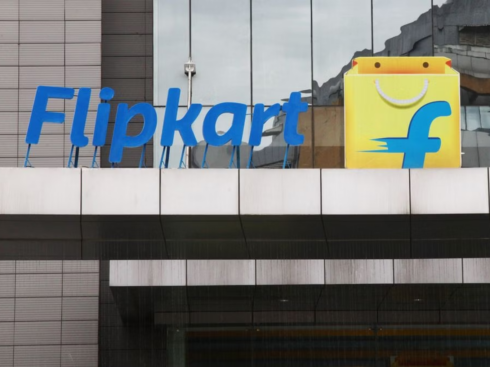
The Federal Trade Commission has fined Singapore-based mobile advertising company InMobi $950,000 in civil penalties on charges of deceptively tracking the locations of hundreds of millions of consumers, including children, without their knowledge or consent to serve them geo-targeted advertising.
In an official statement, the FTC alleged that InMobi misrepresented that its advertising software would track consumers’ locations only when they opted for and in a manner consistent with their device’s privacy settings. As per the complaint, InMobi was actually tracking consumers’ locations whether or not the apps using InMobi’s software asked for consumers’ permission to do so, and even when consumers had denied permission to access their location information.
The complaint further alleged that InMobi created a database built on information collected from consumers who allowed the company access to their geo-location information, combining that data with the wireless networks they were near, to document the physical location of wireless networks themselves. InMobi would then use that database to infer the physical location of consumers based on the networks they were near, even when consumers had turned off location collection on their device.
Violation Of Children’s Online Privacy Protection Act
Further, the FTC alleged that InMobi also violated the Children’s Online Privacy Protection Act (COPPA) by collecting this information from apps that were clearly directed at children, in spite of promising that it would not do so. The complaint noted that InMobi’s software tracked location in thousands of child-directed apps (having hundreds of millions of users) without following the steps required by COPPA to get a parent or guardian’s consent to collect and use a child’s personal information.
Terms Of Settlement
Under the terms of its settlement with the FTC, InMobi is subject to a $950k civil penalty which was earlier fixed at $4 Mn but was reduced on account of the company’s financial condition. Further, it will have to comply with the following terms
- The company will be required to delete all information it collected from children, and will be prohibited from further violations of COPPA.
- InMobi will be prohibited from collecting consumers’ location information without their affirmative express consent for it to be collected, and will be required to honor consumers’ location privacy settings.
- The company will be required to delete the location information of consumers it collected without their consent and will be prohibited from further misrepresenting its privacy practices.
- InMobi will be required to institute a comprehensive privacy programme that will be independently audited every two years for the next 20 years.
InMobi Puts It On Technical Errors
Meanwhile, when contacted by Inc42, InMobi issued out a statement saying, “With best intentions to adhere to COPPA requirements, InMobi implemented a process to exclude any publisher’s site or app identified as a COPPA app from interest-based, behavioural advertising. During the investigation by FTC, InMobi discovered that there was a technical error at InMobi’s end that led to the process not being correctly implemented in all cases. As a result, some COPPA sites were served with interest-based campaigns on the InMobi Network. InMobi promptly notified the FTC of this issue as soon as it was discovered and has made it clear from the outset that this was by no way means deliberate. Any family safe ads that may have formed part of targeted campaigns would have been undertaken to target the adult owner of the device.”
It also stated that in certain instances, InMobi has inferred user location through the Wi-Fi identifier as part of the SDK integration with publisher apps without express election by a user. While InMobi was not fined by the FTC for this practice, to implement best practices, going forward InMobi will only use Wi-Fi information when serving location based targeted advertising campaigns. The errors were corrected in Q4 2015, and since then, InMobi has been fully compliant with all COPPA regulations.
The settlement case comes at a time when the startup has been in the news for not the right reasons. Last month, CFO Manish Dugar left to join healthcare startup Practo as its global CFO. Similarly, head of operations for almost five years Samuel John left to join Bangalore-based advertising SaaS startup GreedyGame. The mobile ad-tech startup was in the news in April for laying off close to 100 employees.
The startup is also struggling to raise funds and chart out a sustainable business model. As per a company statement, it has strategic business plans for 2016, and is focused on driving growth & profitability in key markets. Earlier this year, the company’s co-founder Naveen Tewari said that his startup is not up for sale and is aiming for an IPO. However, with its attrition troubles, fund raising concerns, doubts over the effectiveness of its new strategic initiatives, and now with the settlement case, it seems the troubles of one of India’s most celebrated unicorns are not going to end any sooner.
 Welcome to Flash Feed, your essential source for breaking news and innovation from around the web – bite-sized and updated all day.
Welcome to Flash Feed, your essential source for breaking news and innovation from around the web – bite-sized and updated all day.


























